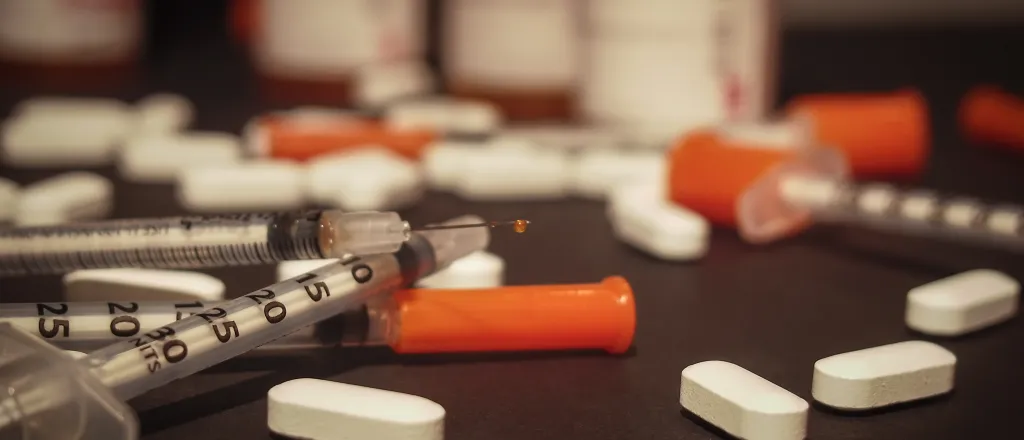
New Mexico expands opioid treatment options
Click play to listen to this article.
(New Mexico News Connection) Expanded treatment for opioid addiction is now available in New Mexico.
The state's Department of Health is offering medication-assisted treatment for opioid use disorder in four regions around the state.
Josh Swatek, harm reduction program manager for the New Mexico Department of Health, said medication to treat the addiction should help reduce opioid cravings.

"This is really designed to help reach some of the most rural communities, to really create a safety net," Swatek explained. "Folks have options for substance-use treatment in their local communities."
Swatek noted more than 2 million people in the U.S. have an opioid-use disorder. New Mexico previously offered outpatient disorder treatment in Las Cruces, Albuquerque and Roswell but has now expanded treatment to 30 public health offices. He pointed out in 2022, the state recorded slightly more than 700 deadly opioid overdoses.
Swatek emphasized his department is focused on harm reduction -- acknowledging people use drugs for a variety of reasons -- but can also live healthy, self-directed and purpose-filled lives by adopting specific strategies. He added research shows people are five times more likely to enter substance treatment programs and three-and-a-half times more likely to succeed if they have first participated in harm-reduction programs.
"We're working closely with the New Mexico department of corrections," Swatek stressed. "They're going to be required to offer substance-use treatment as well in their facilities, so that when folks are discharged there's a plan. No matter where they are in New Mexico, we can hopefully continue their treatment in a public health office, if need be."
Swatek acknowledged those struggling with addiction often are stigmatized by their community and harm-reduction programs can minimize risks until they're ready to take steps toward treatment or recovery. He observed some patients have told researchers telehealth has helped them have a greater sense of autonomy and control over their treatment.
















